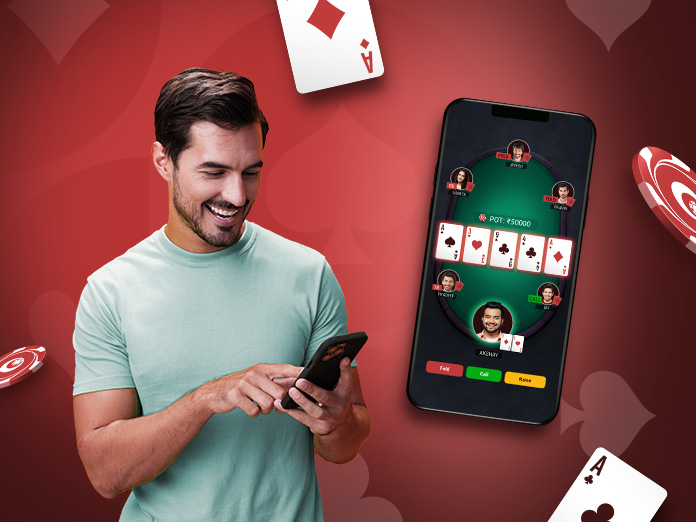When playing poker, you need the ability to read others as well as out-think them. The bluff is often seen as the most complex part of the game for many people. What constitutes an effective bluff and how is it applied? In this article, we explore an exhilarating confluence between existential philosophy, game theory on one side with the aim of understanding and making such critical moves in poker.
Understanding the Bluff: A Core Poker Concept
Wagering or raising using a weak hand to make your rivals believe that you have a very strong hand so that they will fold their hands is known as poker bluff. It is a calculated risk of deceit aimed at winning the pot with inferior cards. For those who are learning what a poker game is, one of the most important things to learn is bluffing.
Game Theory: The Rational Framework
The use of game theory in poker enables us to comprehend the best tactics for different situations such as bluffing. It includes:
- Expected Value (EV): Every poker move, including a bluff, can be assigned an expected value. In case it is positive, the bluff is profitable as winning the pot beats giving away to a call. To calculate EV you should take into account the probability of success for a particular type of bluff and compare it with the size of the pot and stakes.
- Nash Equilibrium: If other players’ strategies remain constant, then no player can improve their outcome by changing their own strategy alone. Poker players do not have enough information to achieve a true Nash Equilibrium, although they are encouraged by this concept to make balanced plays that will prevent them from being too easily read and ensure that they win over time when they do bluff.
- Mixed Strategies: According to game theory, there are times when it is best for you to use randomized moves. This includes making bluffs under certain conditions or placing different amounts of stakes so that your rivals cannot predict you well. The higher your unpredictability is, the stronger an opponent you are.
Existentialism: The Philosophy of Choice and Responsibility
In game theory bluffing is seen as a rational act while in existentialism it is viewed from a philosophical angle. Freedom, choice and responsibility are important in existentialism.
- Radical Freedom and Choice: It is an act of complete independence when you make choices of what to do at a poker table without set rules. To bluff is to deceive on purpose, take a risk, and be ready for repercussions.
- Authenticity and Inauthenticity: A successful bluff is a display of strength that changes reality through lies. Whereas, an improperly executed or obvious bluff is inauthentic.
- Facing the Void: The act of bluffing creates uncertainty. It can make your opponent decide to fold or call. By having this “void” factor, one is coerced into admitting that the game cannot be controlled at all times.
Conclusion
Integrating the rational calculations of game theory with the bold choices of existentialism helps in advancing your bluffing game which is otherwise a mere trick into a complex strategic art. Bluff control goes beyond winning many pots; it includes an insight into the profound psychological and philosophical fabric inherent in each poker hand on PokerCircle.

